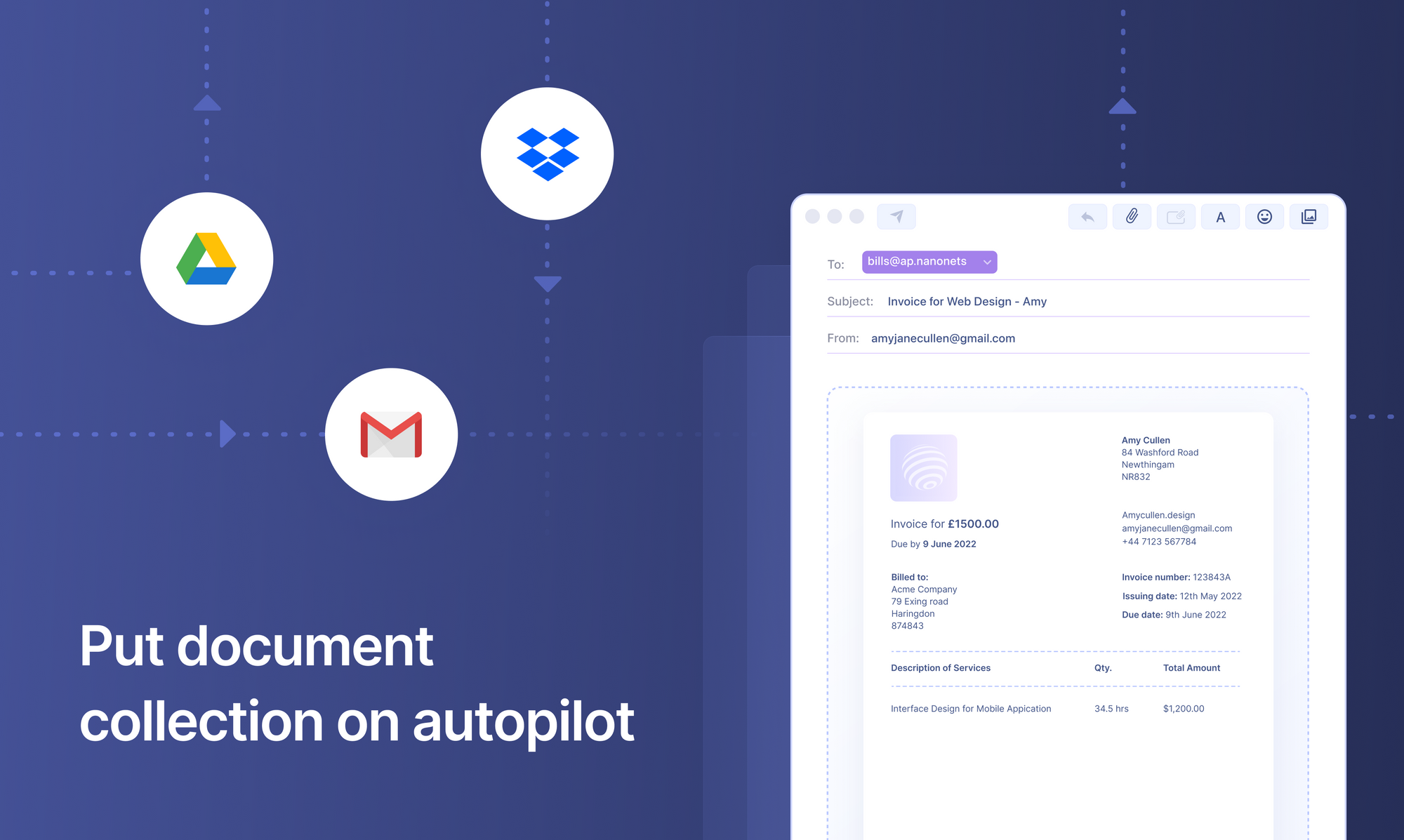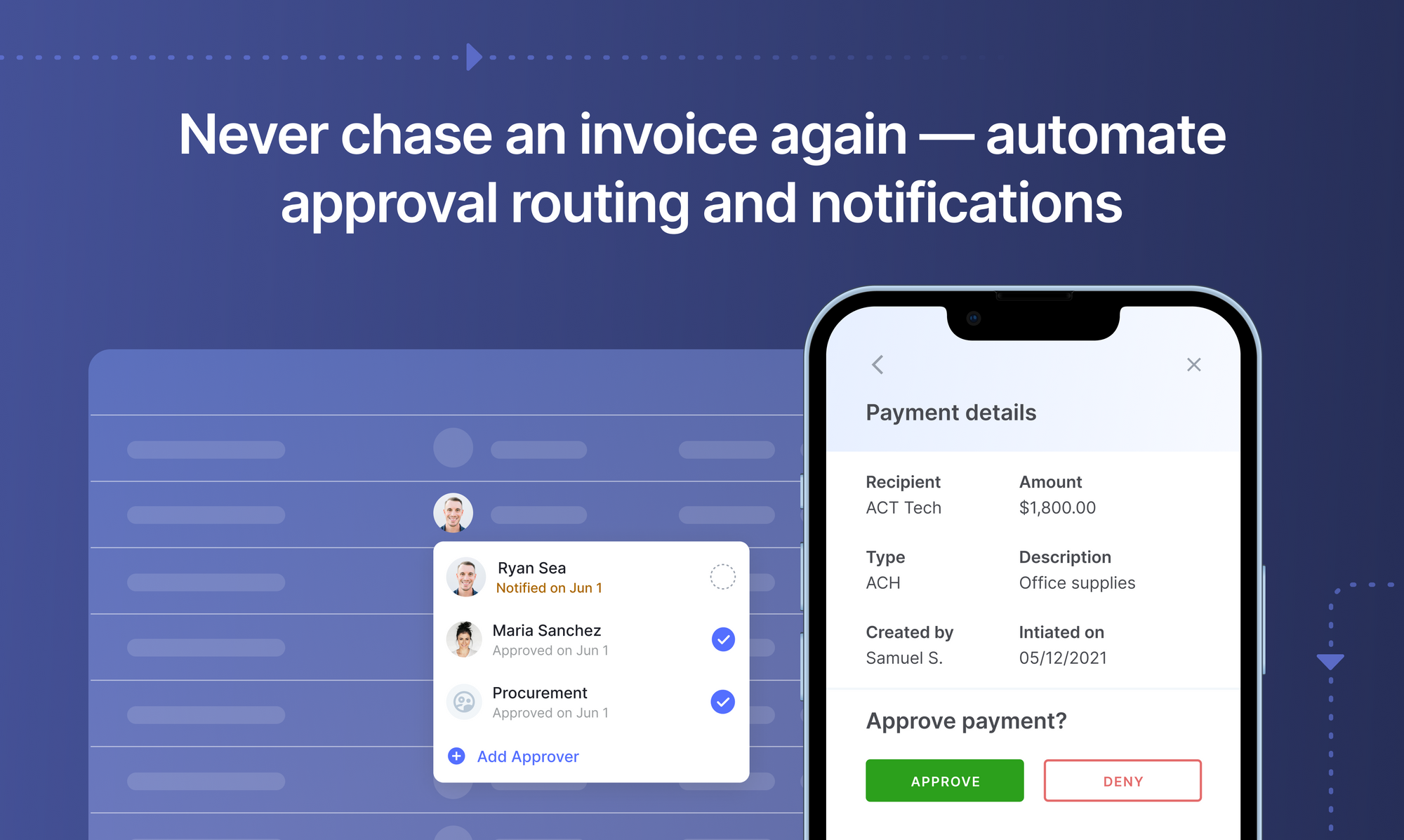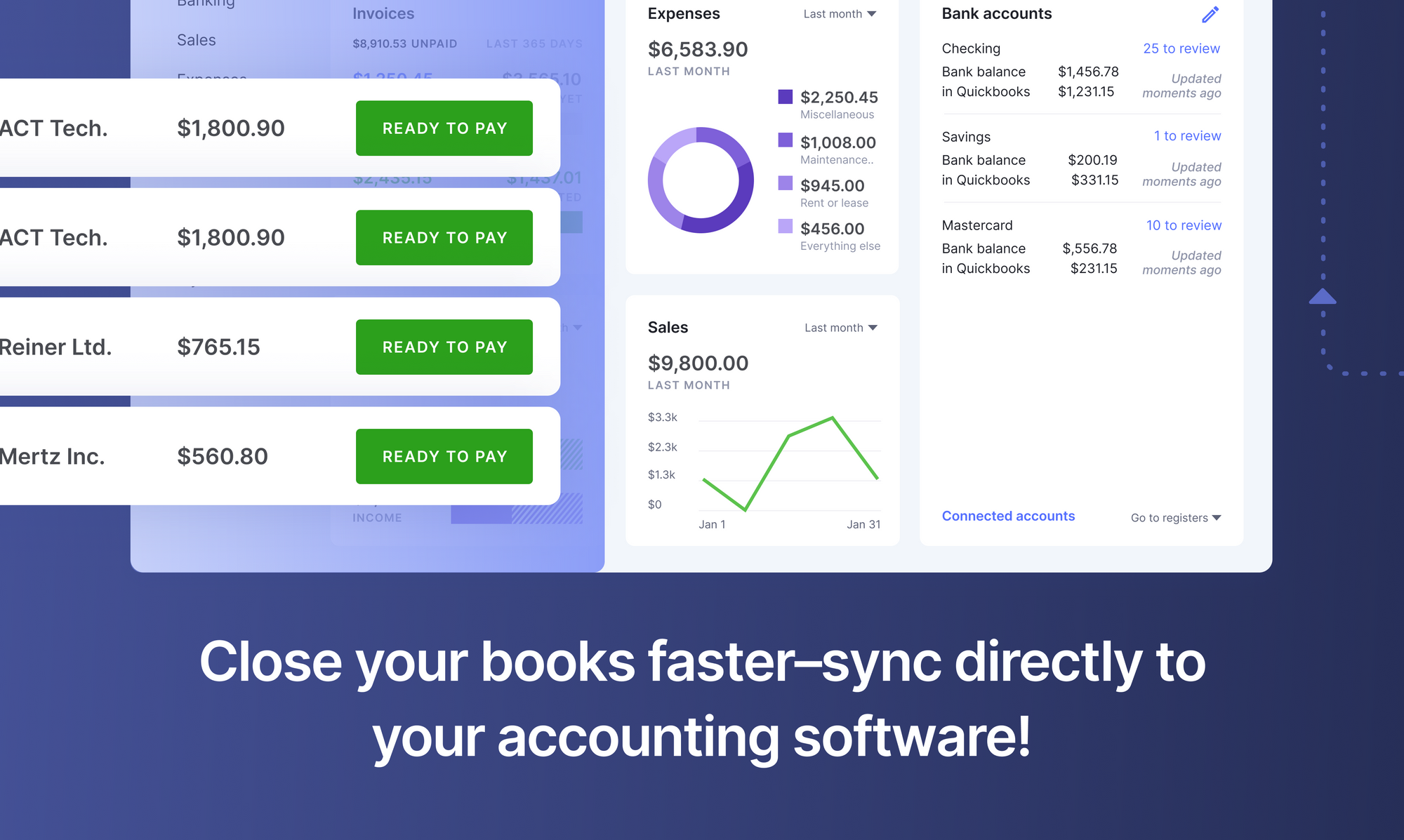The Vendor Management Process: Importance, Benefits, and Challenges
Good vendor relationships are important for any business to be successful. Vendor management aims to organize & strengthen business-vendor relationships. Effective vendor management allows any business to run efficiently while preventing supply-side shocks.
What is Vendor Management?
Vendor management refers to the systematic processes organizations employ to oversee their suppliers, often referred to as vendors. Vendor management focuses on building/maintaining good working relationships with suppliers on a long-term basis; so as to prevent potential supply disruptions and meet business objectives at the best value. Effective vendor management is crucial for optimizing supplier relationships and driving business efficiency.
The vendor management process is quite elaborate and comprises selecting suitable vendors, negotiating viable contracts, controlling costs, minimizing risks, and ensuring on-time delivery of goods or services.
Importance of Vendor Management
Vendor management is a strategic process that when done right can help businesses meet specific business objectives.
It opens up possibilities for faster onboarding of multiple vendors that can minimize potential supply-side risks and delays. With a selection of suppliers at hand, the business also enjoys lower costs and faster delivery to maintain continuity in business.
Streamlining the vendor process can ensure mutual trust and stronger relationships. It can help increase business efficiency with a focus towards improving customer satisfaction, profitability and growth.
Looking to automate your manual AP Processes? Book a 30-min live demo to see how Nanonets can help your team implement end-to-end AP automation.

What Does the Vendor Management Process Entail
Though the vendor management process may be simple or complex depending on the size of the organization, the steps involved are pretty much the same. But, some prerequisites are necessary :
Pre-requisites
1. Define business objectives - Businesses can engage in good vendor management when the company objectives and goals are well defined. Identifying business goals can provide a clearer picture vis-a-vis vendor management.
2. Creating a vendor management team - Having skilled personnel as part of a dedicated team can make vendor management easier and more fruitful. Selecting, negotiating, and evaluating vendors is no easy task. An experienced team can act as a bridge between its internal departments and vendors to optimise the vendor management process.
Steps in the Vendor Management Process
With the market full of potential vendors, a company engaging in vendor management will follow some common steps to ensure the selection of the right vendors. They are:
1. Choosing vendors - The process starts by making a selection of vendors deemed suitable for the business. Then quotes are sought using e-sourcing tools such as Requests for Quotation (RFQs) and Requests for Proposals (RFPs). Though price will be a deciding factor, the company can also gauge a vendor’s potential based on quality, reputation, capacity to meet requirements and track record.
2. Engage in contract negotiations - This stage involves discussions on the terms and conditions of the contract between the company and the chosen vendor. Terms can be related to the type/quantity of the goods and/or services, delivery dates, payment terms, and legal conditions that cover risks. The contract must be acceptable and mutually beneficial to both parties.
3. Onboarding of vendors - The process of collecting relevant information and associated documents is important to recognize vendors as approved suppliers for the company. Bank account information, tax forms, valid industry licenses, are some of the main information collected to make payments to vendors and for audit purposes.
4. Track and evaluate vendor performance - Companies need to check vendor performance to see if standards are met, quality of products or services are good, deliveries happen on time, and service is satisfactory. Deviations can be set right with action plans discussed with vendors to ensure smoother business transactions.
5. Monitoring and managing risks - Risk management involves assessing and monitoring vendors for potential risks that can impact the business harshly. Breach of compliance, vendor fraud, data leaks, lawsuits, loss of intellectual property are all serious risks that need to be addressed as part of risk monitoring.
6. Timely payments - Making payments on time to vendors can be crucial to ensure good working relationships. Following contract terms for payment and ensuring invoices get cleared without delays can build trust and confidence for vendors to maintain continued services.
Implementing a Vendor Management System
Vendor management is a crucial process for any organization to ensure growth and success. The emergence of advanced technologies has changed the way vendor management processes are done today.
Vendor Management Systems (VMS) are web-based or cloud-based software that are designed to help organize and manage multiple vendor-related activities from one place. They are efficient, easy, cost-effective, and highly beneficial for organizations with multiple vendors.
Set up touchless AP workflows and streamline the Accounts Payable process in seconds. Book a 30-min live demo now.

Benefits of Vendor Management
The various benefits of having vendor management in place are:
1. Facilitates better selection - The organization stands to benefit from a wider selection of vendors providing more choices at competitive rates.
2. Cost-effective negotiations - Vendor management can ensure multiple vendors vying for business. This enables the company to negotiate better rates and gain lower prices or discounts.
3. Effective contract management - One of the advantages of having a vendor management system is centralized data. All contracts, vendor information, and related documents are accessible from one place for the entire organization. This makes it easier to track contracts and make decisions more efficiently.
4. Easier performance management - Vendor management systems enable a bird’s eye view of the entire performance of vendors. Tracking performance and comparing it to past data is easy. Stakeholders can ensure that suppliers adhere to contract terms and business needs are met efficiently.
5. Stronger vendor relations - Centralized vendor information in VMS aids in a simplified decision-making process. Identification of delays and prompt communication reduces disruption in the supply chain and prevents extra costs or losses for both parties resulting in trust & better relations.
6. Better risk mitigation - VMS software is capable of identifying vendor risks that can be prevented or tackled early to avoid impact on the business. Since all vendor-related data is verified and constant monitoring is possible, risk mitigation becomes easier.
Book this 30-min live demo to make this the last time that you'll ever have to manually key in data from invoices or receipts into ERP software.

Challenges in Vendor Management
Improper or lack of vendor management processes can pose many challenges:
1. Non-compliance from vendors - An organization with no set standards for vendors faces the risk of non-compliance from its suppliers. Choosing the right supplier and setting standards during contract negotiations is important to avoid deviations.
2. Risk of bad reputation of vendors - When multiple vendors are involved, assessing the work quality of vendors is difficult and poor performance from a single vendor can affect the business. Running thorough background checks and insight into past performances become vital during the selection process in vendor management.
3. Hassle of manual storage of vendor data - Expanding businesses may find it difficult to store vendor data as the business grows and more suppliers are on-boarded. The lack of a vendor management system creates further hassles in retrieving vendor information when necessary.
4. No visibility for decision making - Vendor management systems can provide overall visibility through the availability of centralized data for good decision-making. Without a proper VMS in place, this becomes a complicated task.
5. Inability to handle different payments - VMS software can maintain and track payments even if payment terms or methods differ. Manual payments to multiple vendors may be cumbersome, complex, and error-prone resulting in dissatisfied vendors.
Conclusion
Changing and fast-moving times are compelling many businesses to find effective solutions to handle vendor relationships efficiently. Organizations, big or small, dealing with multiple vendors can benefit from implementing a good vendor management solution. Effective VMS software can help overcome challenges and foster stronger supplier relationships, add value, and enhance business performance.


